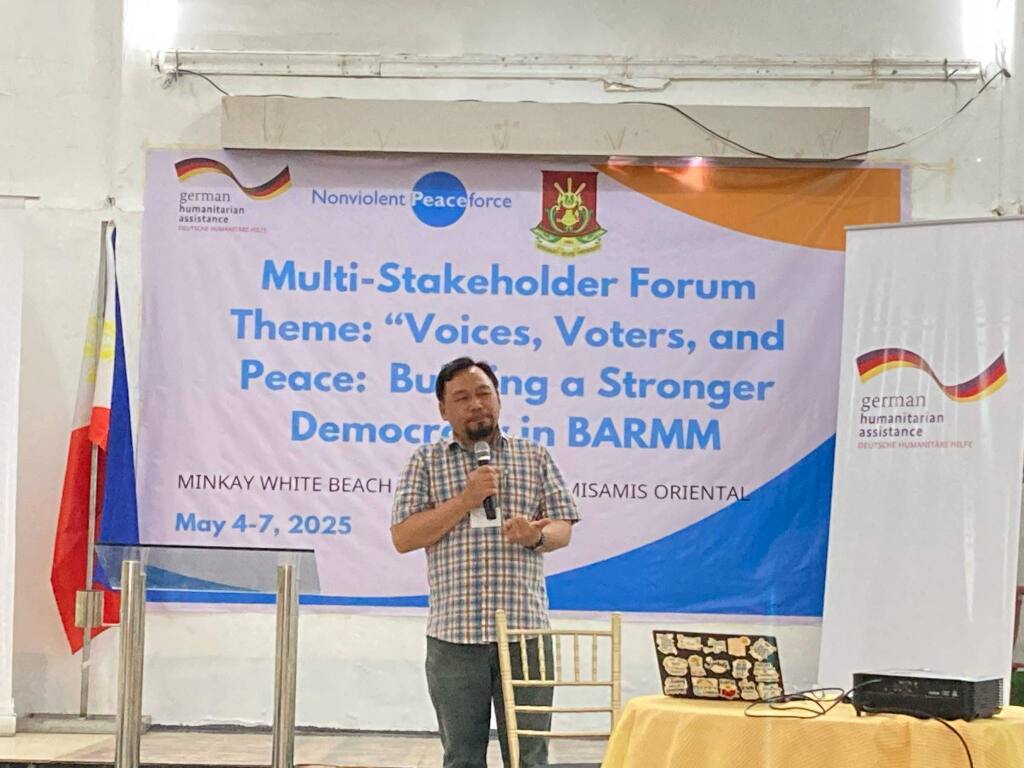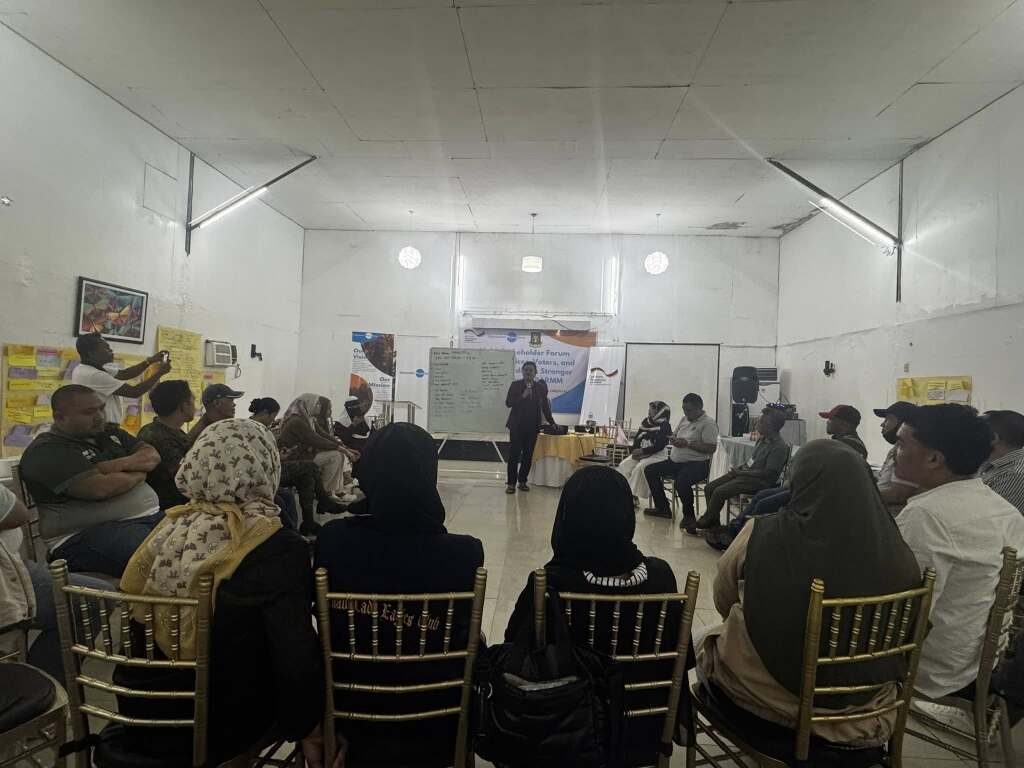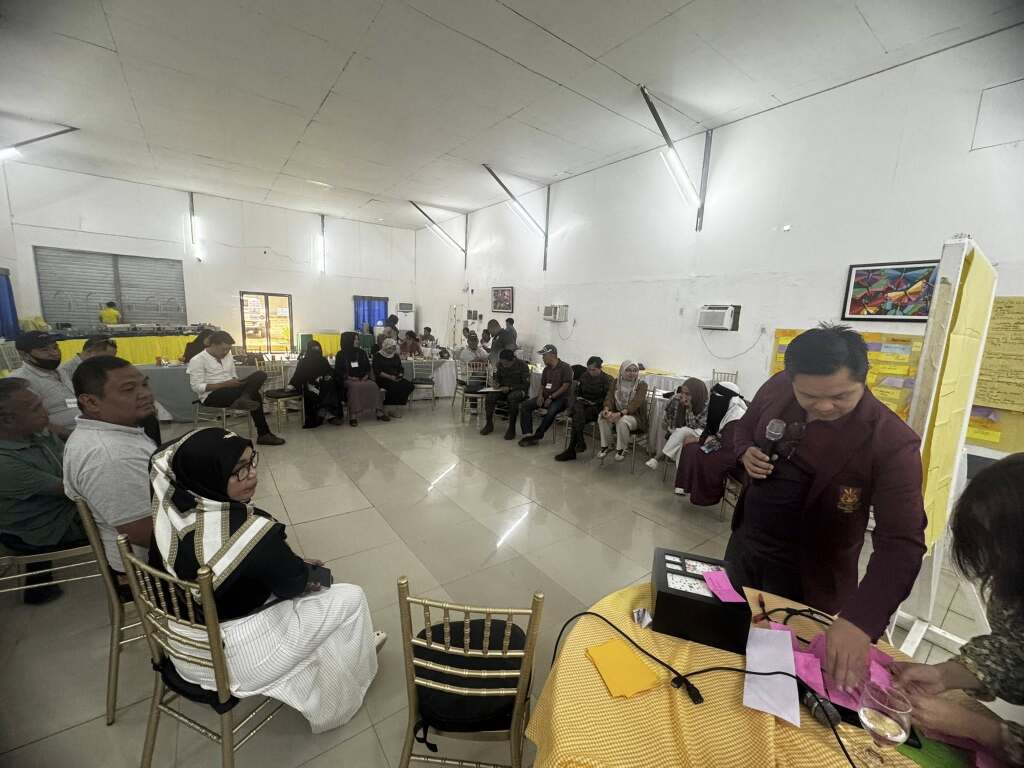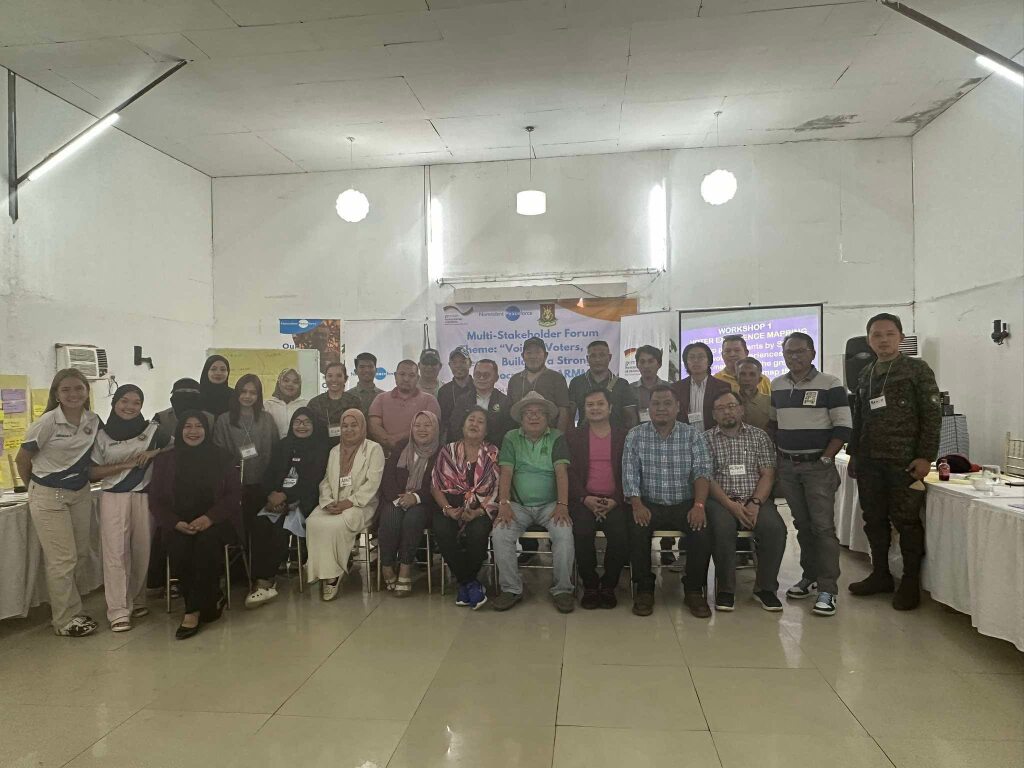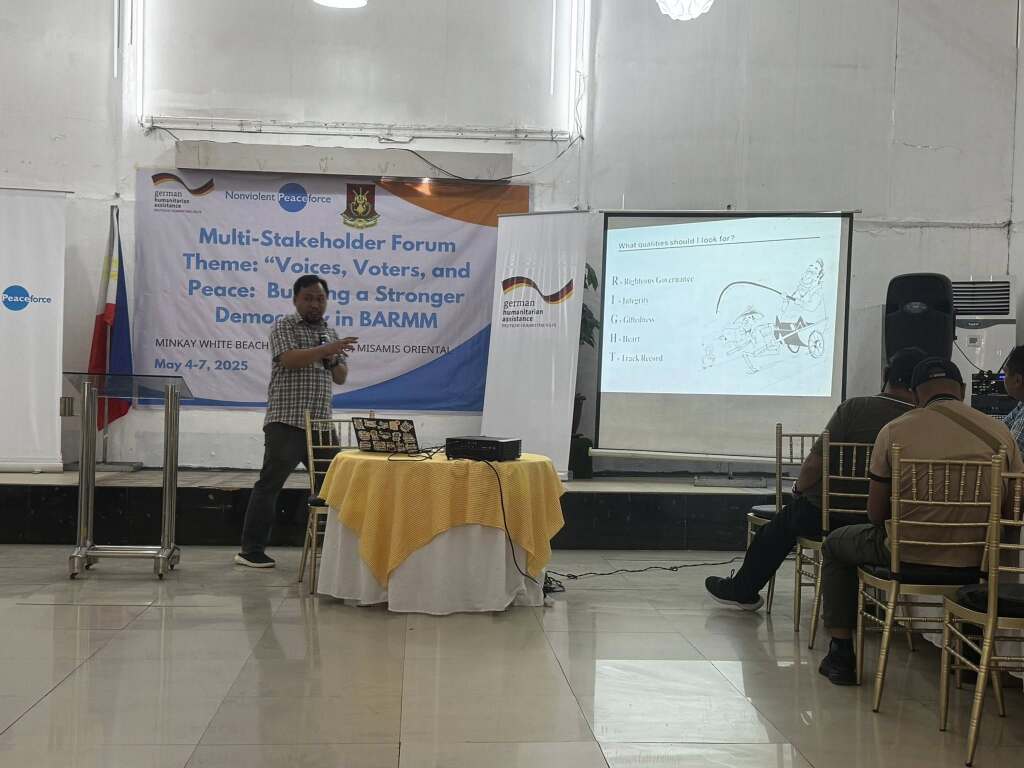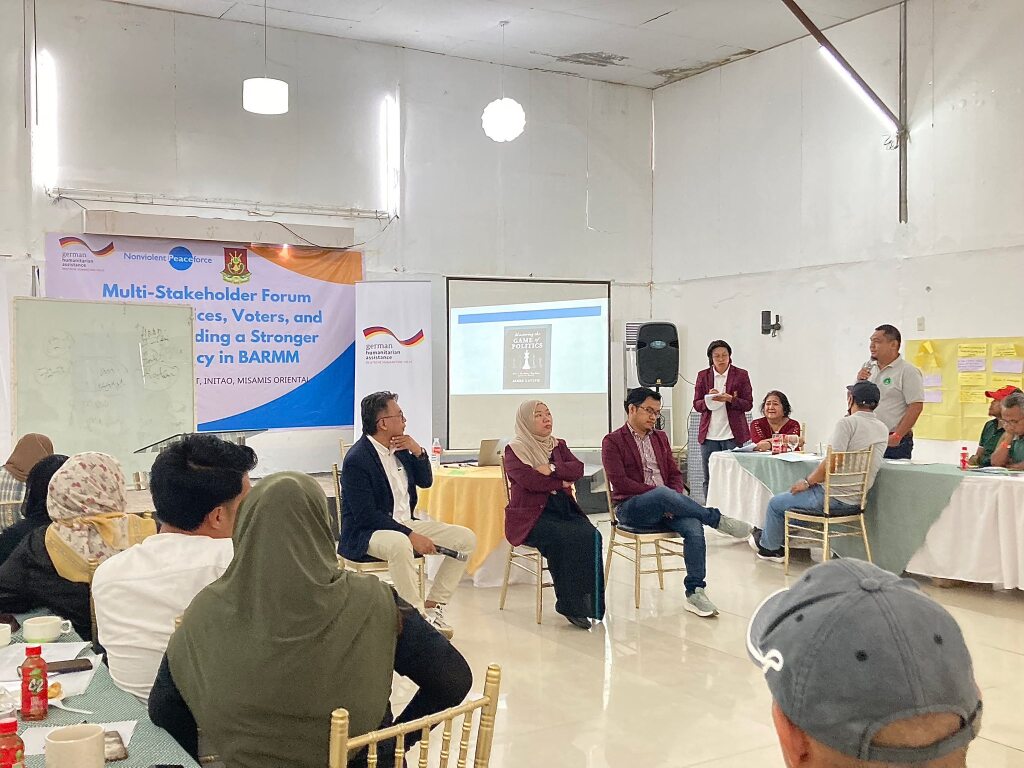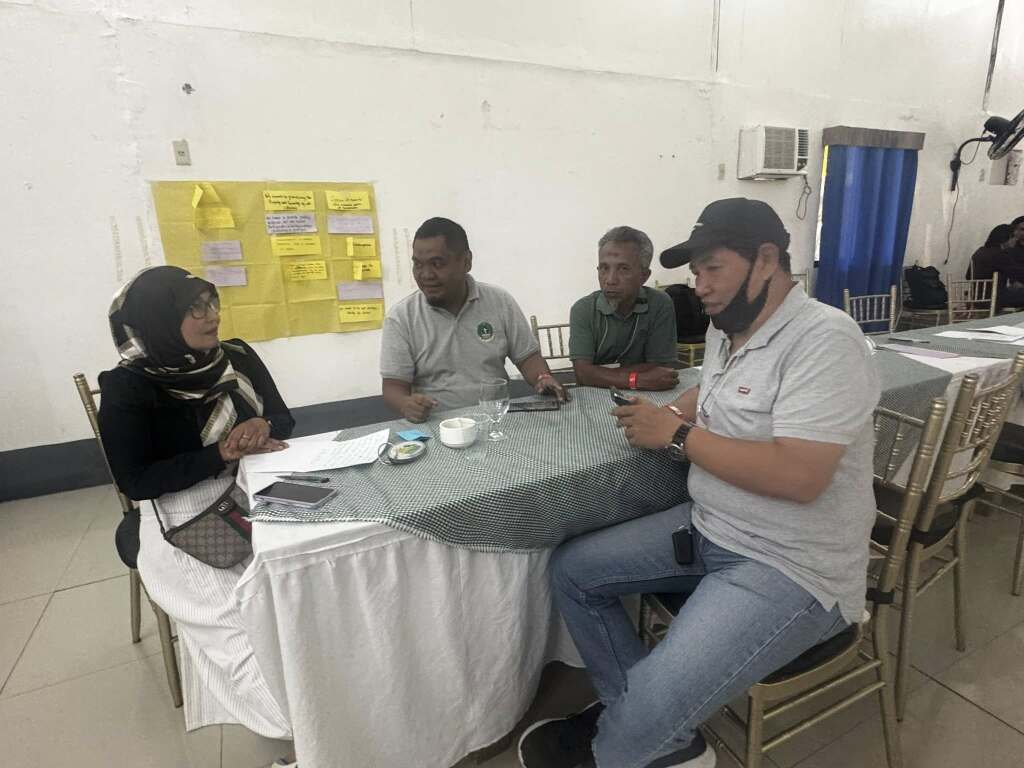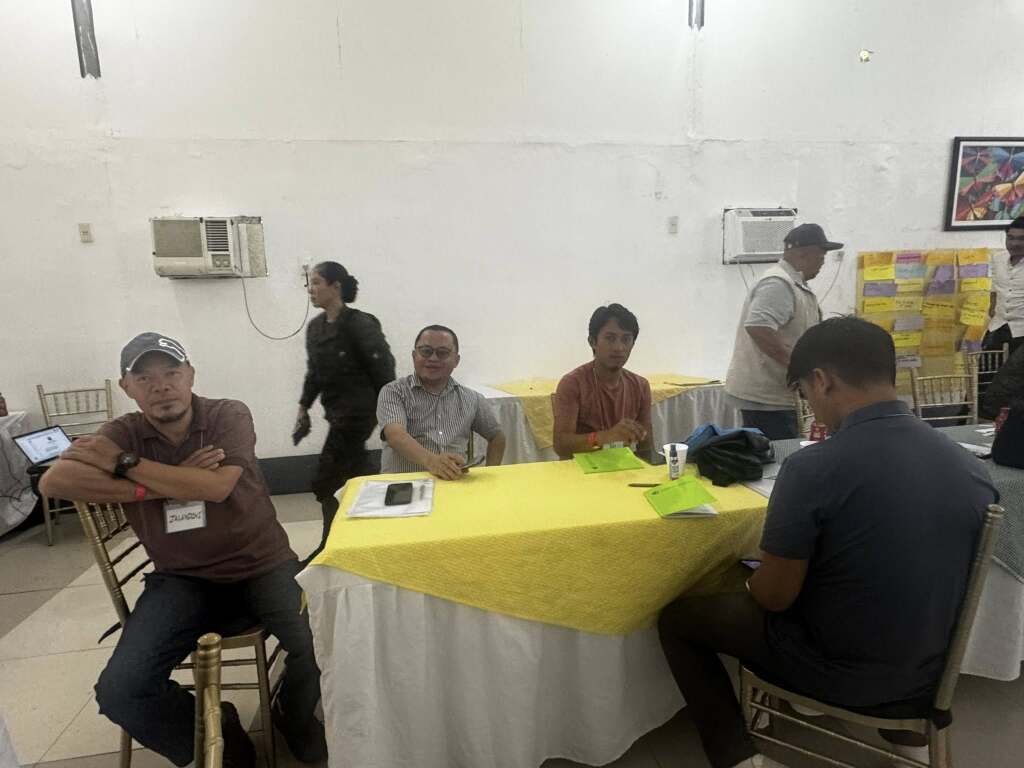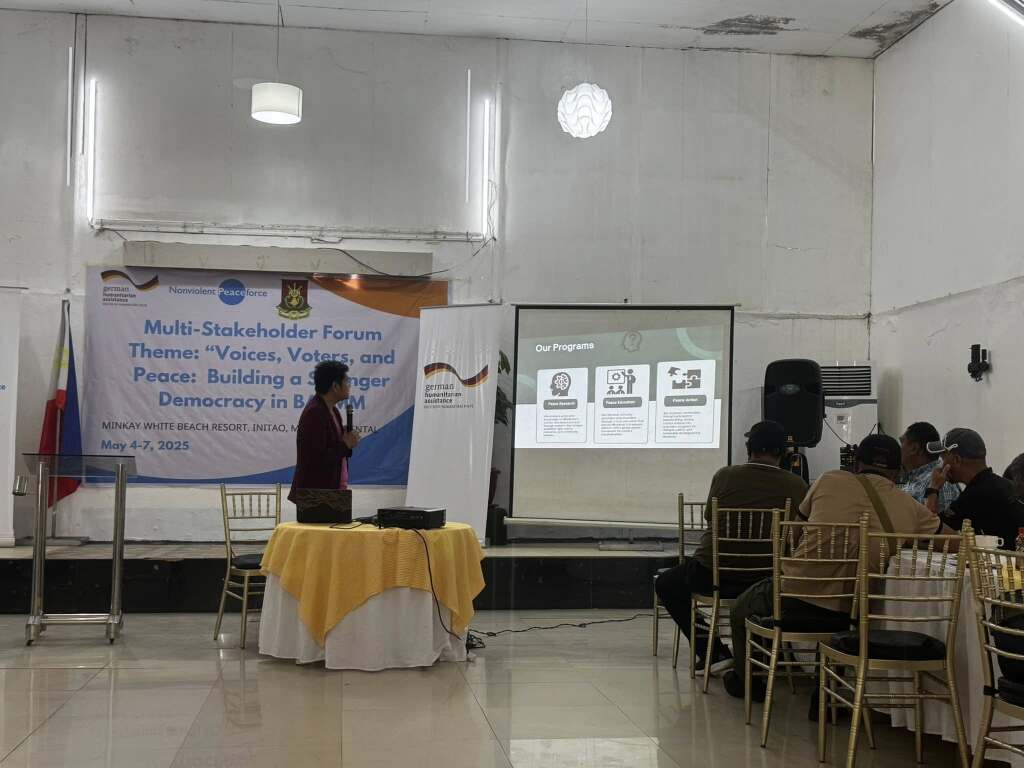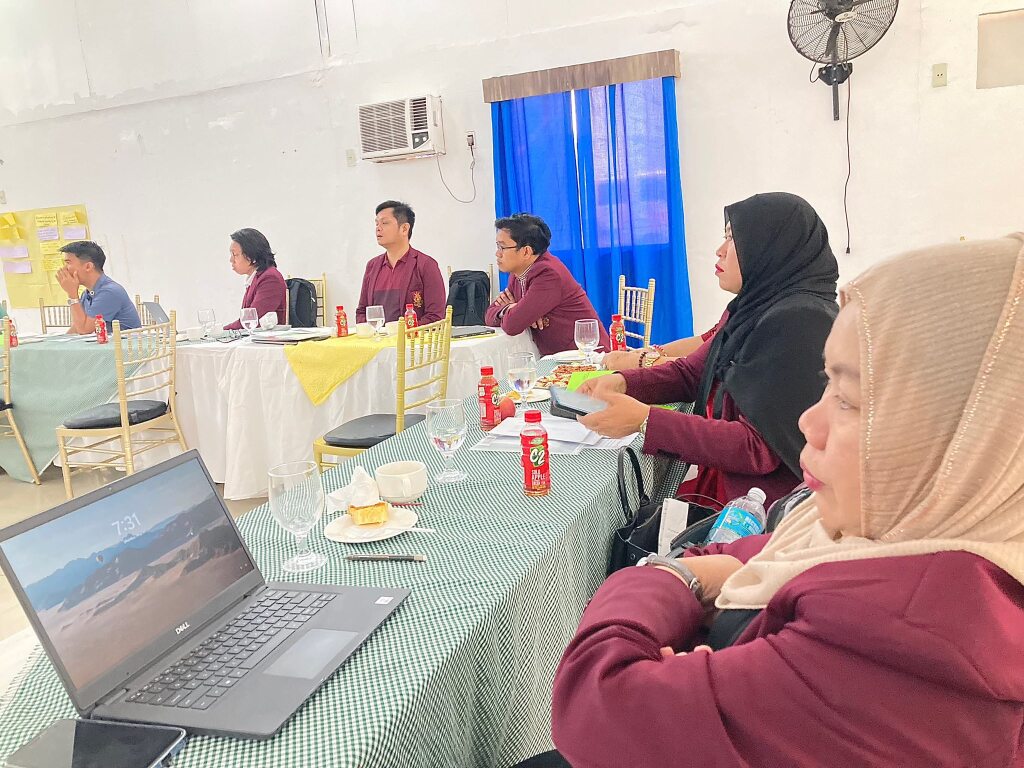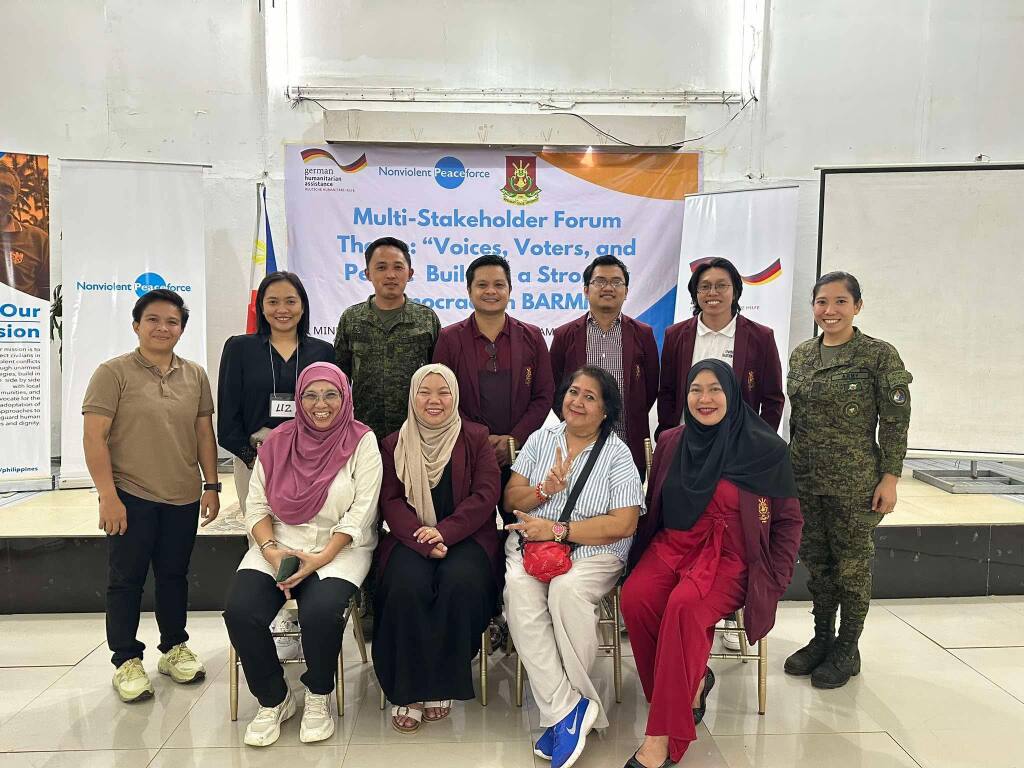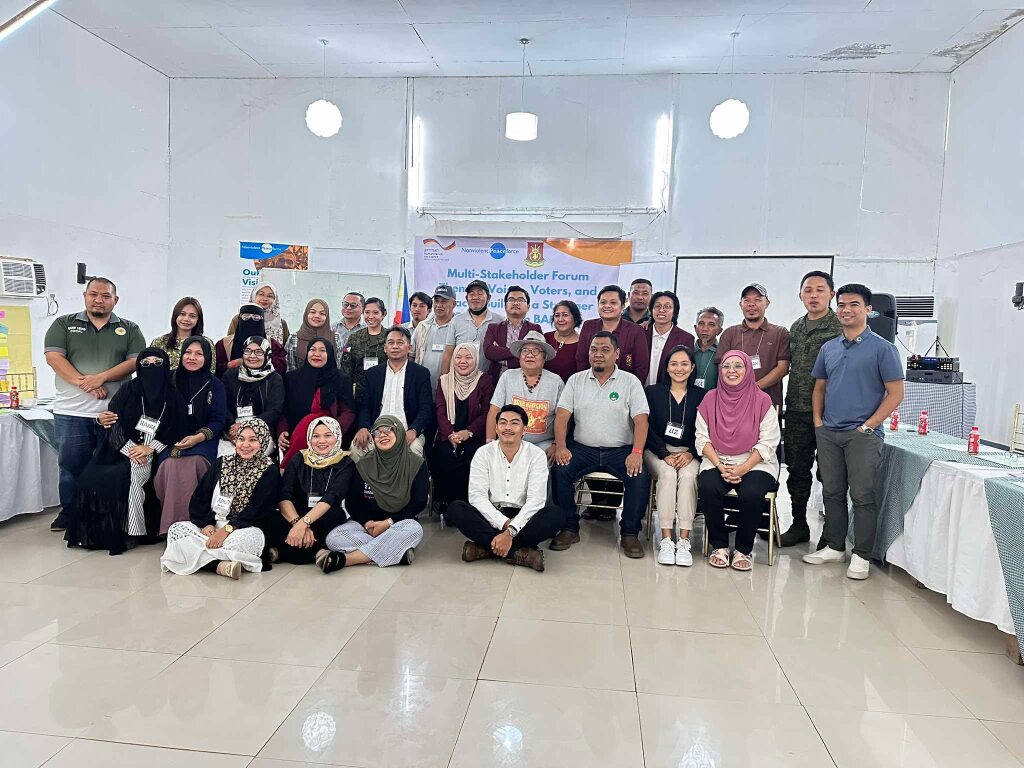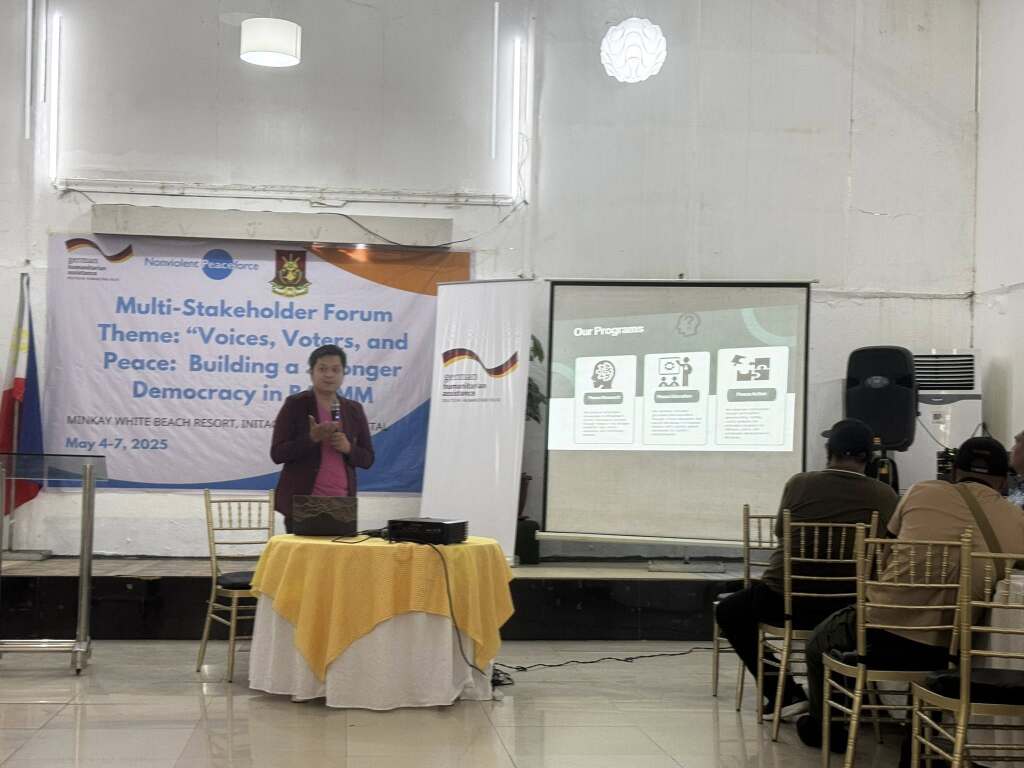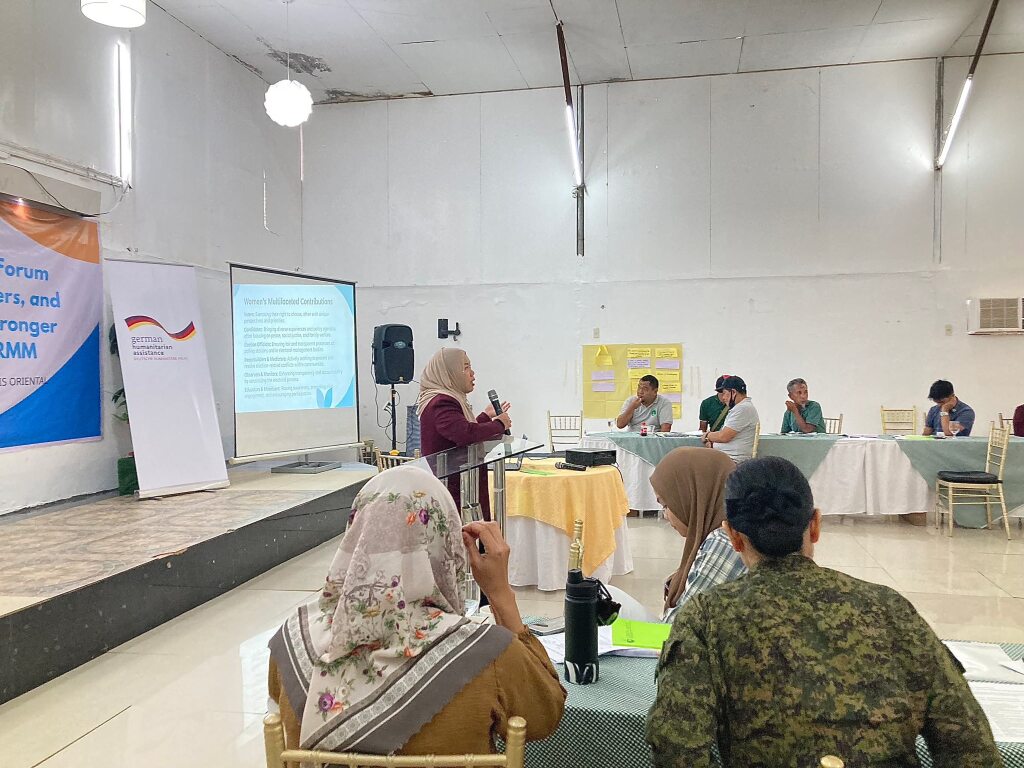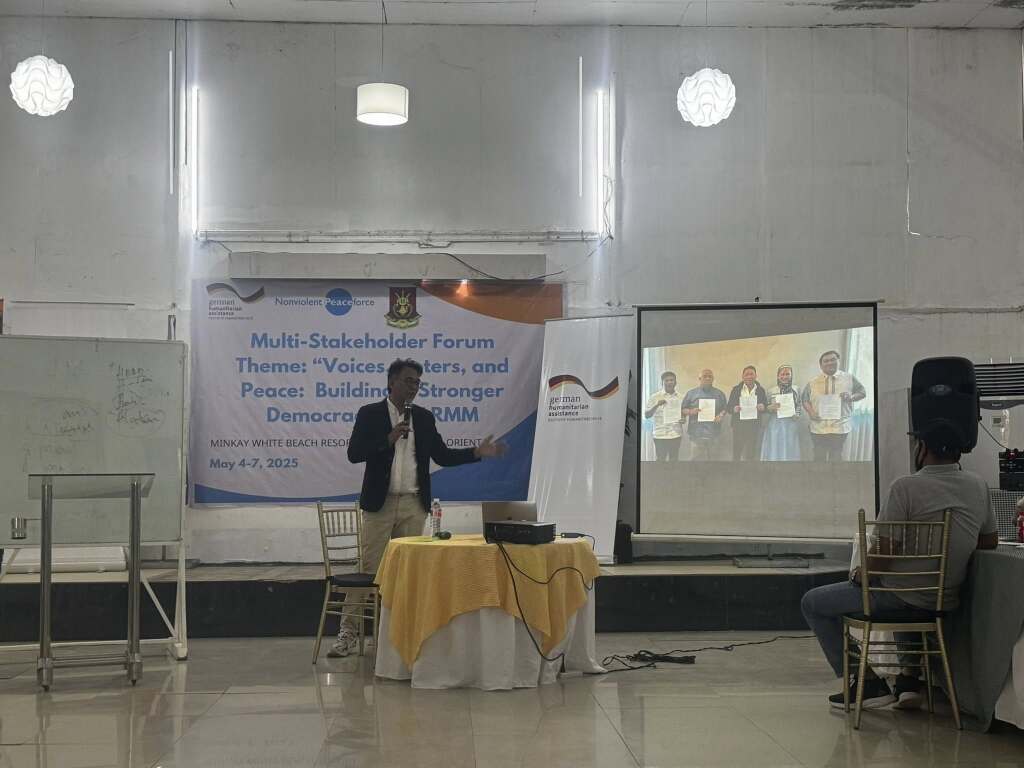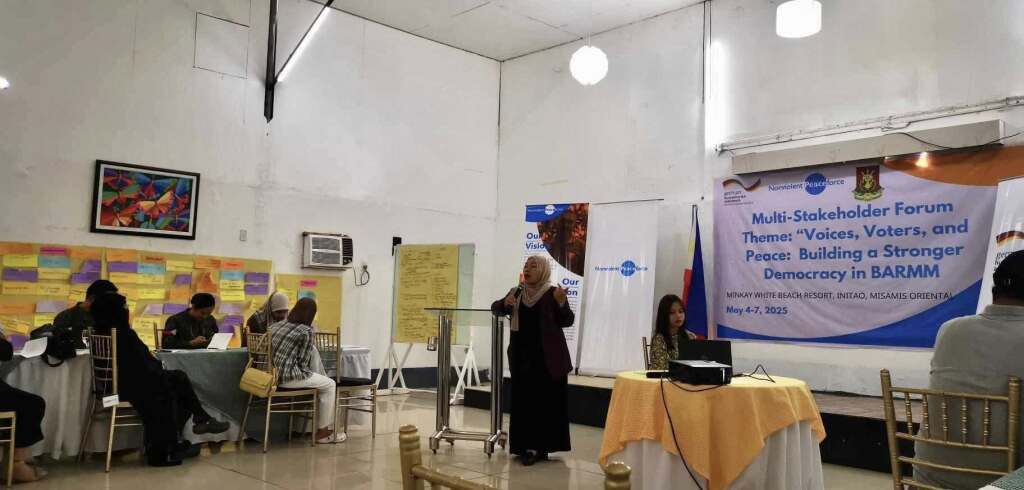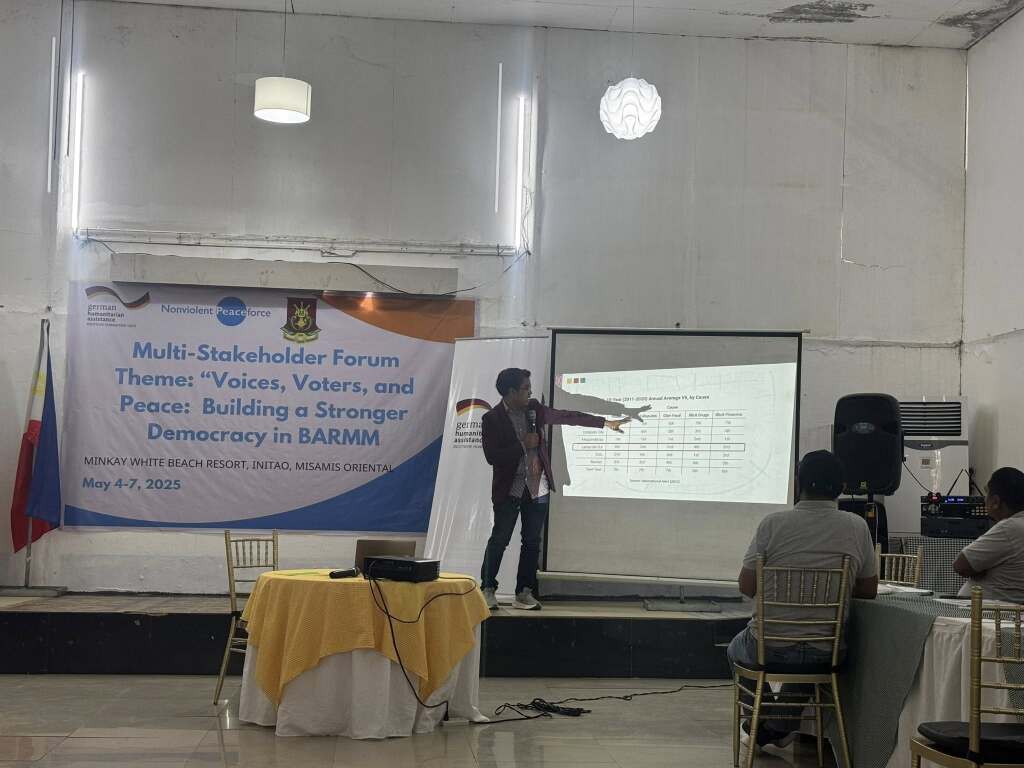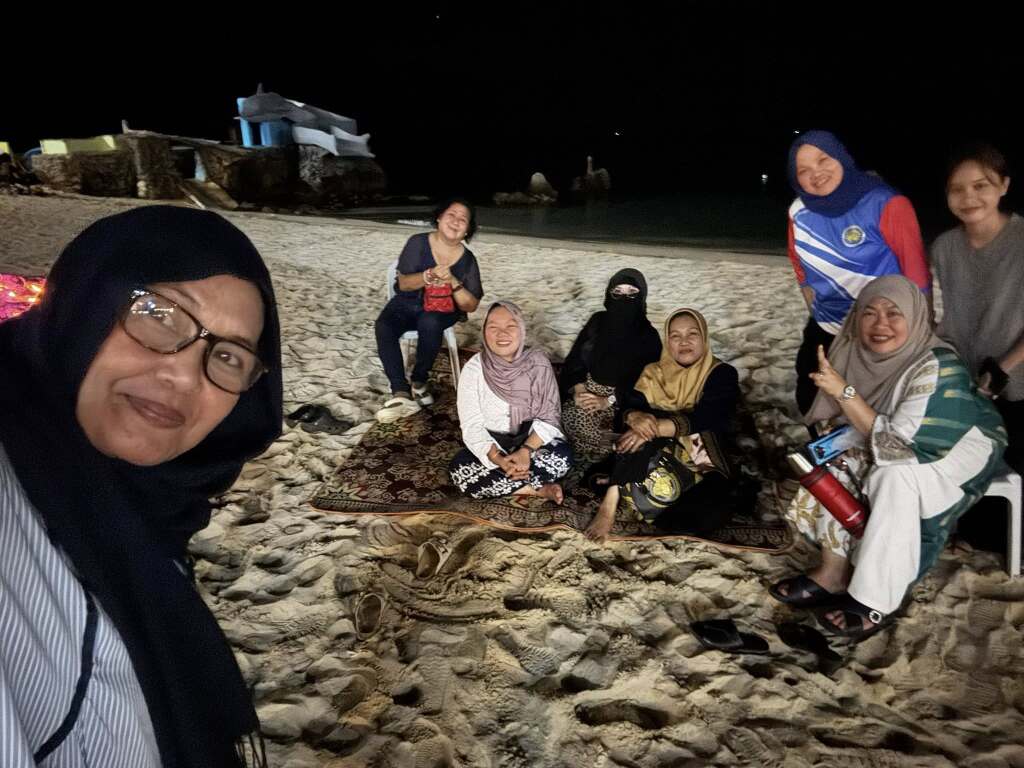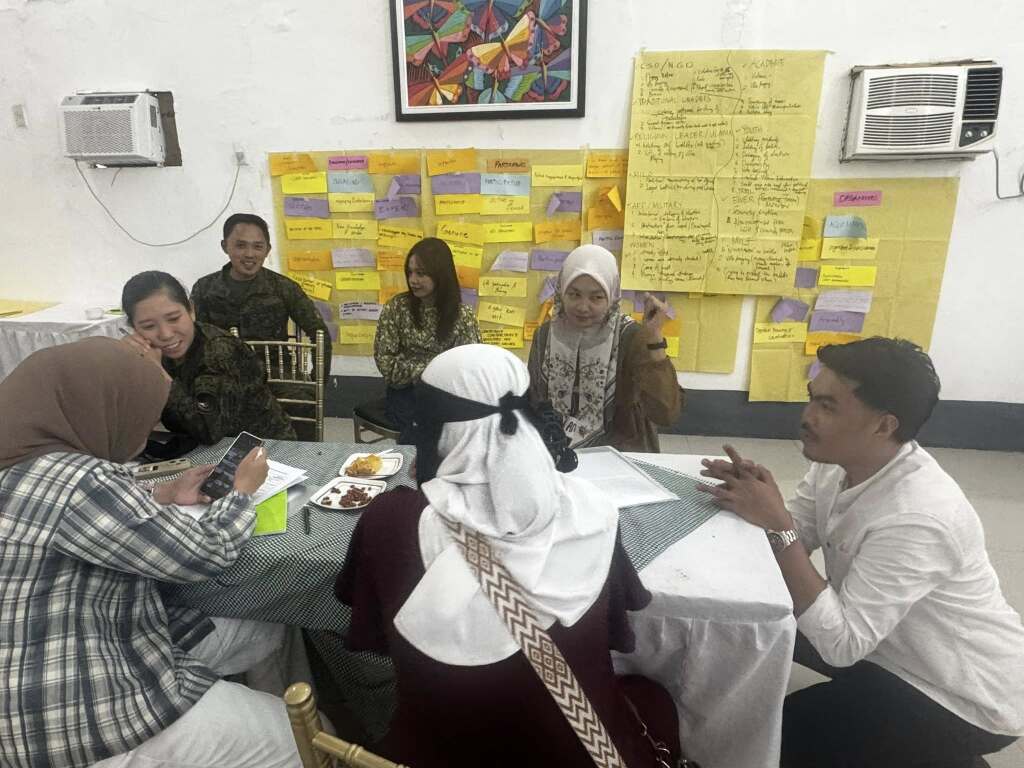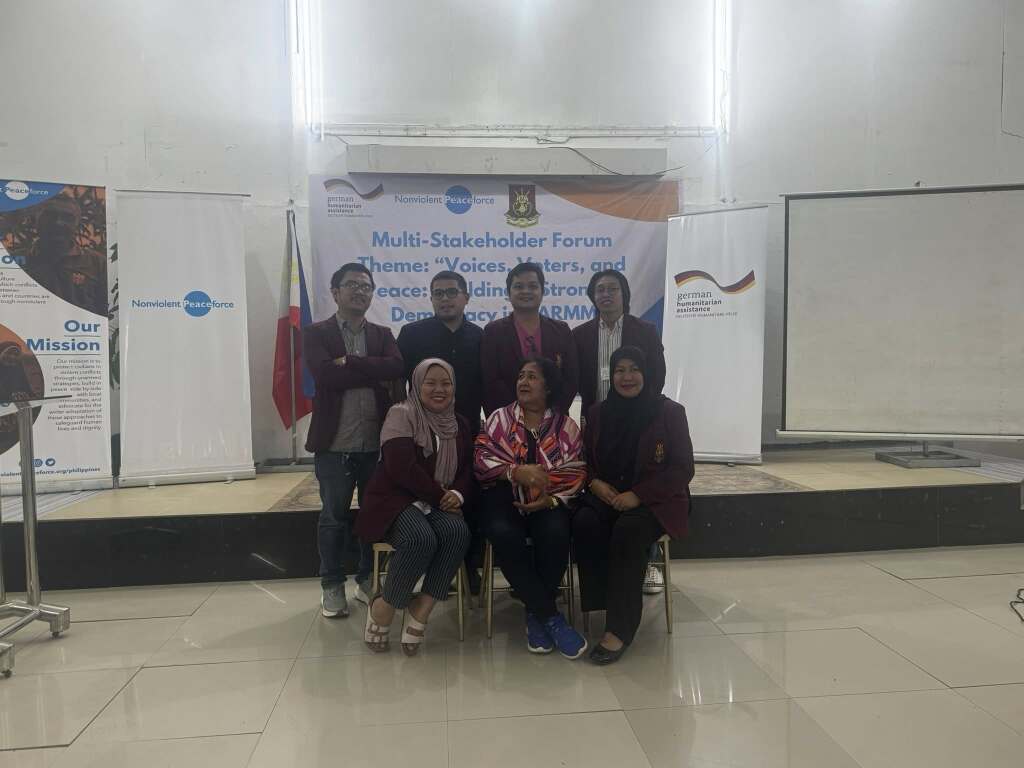Aliah P. Cali-Pascan, DPA, JD
Minkay, Initao, Philippines – The recently concluded Multistakeholder Forum, themed “Voices, Voters and Peace: Building Democracy in BARMM,” held from May 4-7, 2025, at the serene Minkay, Initao, served as a vibrant platform for dialogue and capacity building aimed at strengthening democratic foundations within the Bangsamoro Autonomous Region in Muslim Mindanao (BARMM).
The four-day event, a collaborative effort between the Institute for Peace and Development in Mindanao (IPDM) and Nonviolent Peaceforce, with funding from German Humanitarian Assistance, brought together a diverse group of stakeholders to delve into critical aspects of democratic governance, civic engagement, and peacebuilding in the unique context of the BARMM.
Hosted by Prof. Mojahid Baraki and Prof. Corazon Mangelen, the forum provided a rich tapestry of discussions led by prominent experts. Professor Almahdi Alonto set the historical stage by examining the American introduction of democracy and its historical roots. This was seamlessly followed by Dr. Acram Latiph’s insightful discourse on the pivotal role of voters in a functioning democracy. The economic dimension was then explored by Economist Assad Baunto, who illuminated the profound impact of governance on poverty alleviation and economic development, sparking discussions during the open forum about potential industries that could uplift the BARMM economy, supported by data on available resources.
The forum also addressed crucial socio-cultural and ethical considerations. Participants engaged in thoughtful inquiries about the concept of democracy in Islam and the potential for moral governance to foster a halal operation of government. Dr. Tirmizy Abdullah further equipped attendees with practical tools through workshops focused on the elements of violence-free elections and a holistic analysis of political violence.
Regional security challenges, particularly in Lanao del Sur during elections, were brought to the forefront by Prof. Rayhan Yusoph, who explored their underlying causes and pathways towards sustainable peace. Dr. Aliah Cali-Pascan championed the indispensable role of women in peaceful elections, identifying gender barriers, navigating obstacles, and offering concrete strategies for women’s representation and empowerment. The legal framework underpinning the parliamentary elections was meticulously dissected by Atty. James Hadji Usman, leading to an engaging open forum that tackled questions ranging from the impact of universities on community upliftment to the nuances of accreditation versus registration, sanctions for electoral offenses, the role of security forces, and the conditions for waiving the 5-kilometer rule inside polling precincts. The crucial encouragement of women’s political participation and their influence on family voting decisions was also a key point of discussion.
The forum went beyond theoretical discussions with practical workshops led by Dr. Khayronesah Abbas, focusing on crafting effective and inclusive campaign designs. A highlight of these sessions was the dynamic role-playing activities where participants embodied politicians and developed gender-based campaigns that prioritized the needs of women, youth, and other marginalized groups. The power of visual storytelling was also explored through video presentations portraying the vital role of civil society. The youth participants passionately advocated for the integration of technology in democratic processes.
During the synthesis session led by Prof. Alonto, a significant suggestion emerged: the inclusion of traditional and religious leaders in future training modules, recognizing their influential roles within the BARMM community.
The participants departed with a renewed sense of purpose, articulating their key takeaways as a commitment to making their voices heard, fostering greater awareness and civil education, and actively becoming educators, peacebuilders, and mobilizers within their communities.
The program culminated with an inspiring message from Bae Sharifa Lao Sanguila, followed by a solidarity night and a reflective bonfire, allowing participants to share and internalize the valuable learnings gained throughout the forum. The “Voices, Voters and Peace” forum undoubtedly served as a crucial step towards building a more robust and inclusive democracy in the BARMM, empowering its citizens to actively shape their future.
